7 Top Child Psychology Books
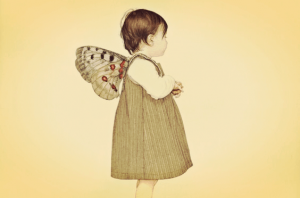

Written and verified by the psychologist Valeria Sabater
Understanding our little ones better is the best gift we can give them as parents or educators. Child psychology is more complex than it may seem.
That’s why it’s essential to understand the needs hiding behind certain behaviors, how their emotions work, and how their brains mature at each stage of their development.
One thing we’re all aware of is that just having title of father, mother, or teacher doesn’t necessarily mean we automatically have the skills we need to raise and educate children.
Each child is unique and every day brings new challenges. Maybe a new difficult behavior, an insecurity, a delay in learning, or even the constant “Am I doing it right?”
“Emotional intelligence begins to develop in the earliest years. All the small exchanges children have with their parents, teachers, and with each other carry emotional messages.”
-Daniel Goleman-
But books are always there for us. Whether we’re parents or educators, we must keep up-to-date. Science advances and we now know more than ever about children’s brains. We’ve learned how to promote holistic development in children, increase their intelligence, and give them tools to help them understand and manage their emotions.
However, it’s never advisable to stick to just one of the child psychology books on the market and make it “our bible”. Rather, the ideal scenario is curiously seek out multiple sources and be open to the new discoveries in the field of education.
In this article, we’ll offer you seven books about child psychology that may just be a big help.
1. Building emotional intelligence: practices to cultivate inner resilience in children (Linda Lantieri and Daniel Goleman)
Today, most of us know that emotional intelligence is key to better health and happiness. This kind of intelligence also gives an unbeatable framework for raising our children.
Integrating certain guidelines, skills and abilities based on emotional understanding and management will enable them to relate to others better in the present and the future
As Daniel Goleman says, teaching our children about emotions means a better future. We can learn how by in this book on child psychology. In addition, it comes with a practical guide and audio disk (narrated by Elsa Punset), making it a much more complete resource for children and teenagers.
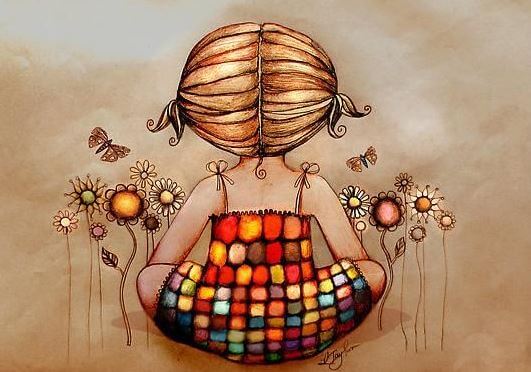
2. Ugly Ducklings (Boris Cyrulnik)
Boris Cyrulnik is a well-known French neurologist, psychiatrist, psychoanalyst and ethnologist. He is considered a key reference in the science of happiness and psychiatry. In fact, he already had clear what he wanted to do with his life at the age of 11.
At age 6, he managed to escape from a concentration camp, while the rest of his family, Russian Jewish immigrants, never returned. From then on, he went from one shelter to another, one family to another, until he finally arrived at the house of humble farmers.
A long journey of anguish, estrangement and sadness, which he didn’t let turn him into a victim of trauma, but rather a resilient child.
In this book, Boris Cyrulnik gives a very interesting vision of child trauma. He teaches that the tapestry of relationships and, later, the expression of our emotions, enables us to activate a kind of biopsychic “reserve” to help us keep going.
3. The Whole-Brain Child: 12 Proven Strategies to Nurture Your Child’s Developing Mind (Daniel J. Siegel and Tina Payne Bryson)
This is a wonderful reference book in the field of child neuropsychology. The authors, neuropsychiatrist Daniel J. Siegel and parenting expert Tina Payne Bryson, take us on an exciting journey through the young brain.
It’s easy to read, enjoyable and interesting. And thankfully, it gives very practical, useful strategies for supporting the emotional and intellectual development of our children.
There’s more. Something else that makes this book different and innovative is the fact that the illustrations can help us teach certain concepts to our own children. It’s a complete, excellent child psychology manual that will help us understand certain reactions, behaviors and needs in our little ones.
4. What to Do When You’re Scared and Worried: A Guide for Kids (James J. Crist)
James J. Crist is an American psychologist specializing in trauma, depression and psychological disorders in children. The reason this book is on our list is simple: it’s targeted at both adults and children. And it enables us to understand and rationalize our fears.
Above all, it aims to cover all of the most common fears, worries and anxieties in a child’s mind. These range from the dark to loneliness, clowns to nightmares. Even an unfortunate reality in today’s world: terrorism.
As a psychologist who’s seen and helped many frightened and worried children, Dr. Crist offers simple explanations and strategies. Both children and parents will be better equipped after reading this book.
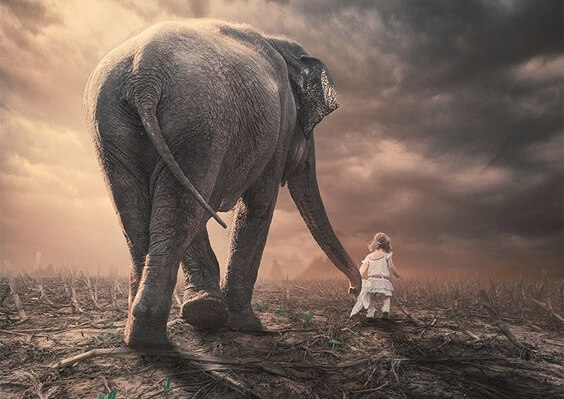
5. How to Talk so Kids Will Listen…And Listen So Kids Will Talk (Adele Faber and Elaine Mazlish)
This has been a bestseller in child psychology ever since it was published at the end of the 90’s. A lot has changed since then, but the truths in this book don’t go out of fashion. Really, they are fundamental, timeless aspects of raising and educating children and teenagers.
Through a practical and respectful approach, we’re taught communication methods, innovative problem-solving strategies, and good techniques for setting boundaries, managing emotions and disciplining.
6. Far from the tree: Parents, Children and the Search for Identity (Andrew Solomon)
Inspiring and magical, this is required reading for parents, teachers, psychologists and anyone who wants to think about what makes us different from each other, what unites us, what defines us and, essentially, what makes us human.
Although many of us feel proud of how different we are from our parents, we feel sad about how different our children are from us.
-Far from the tree: parents, children and the search for identity, Andrew Solomon-
This is an unusual book that has captivated millions, going deep into the relationships of parents and children with disabilities like Down’s syndrome or disorders on the autism spectrum.
In its pages we see the testimonies of more than 300 families that will touch even the hardest heart.
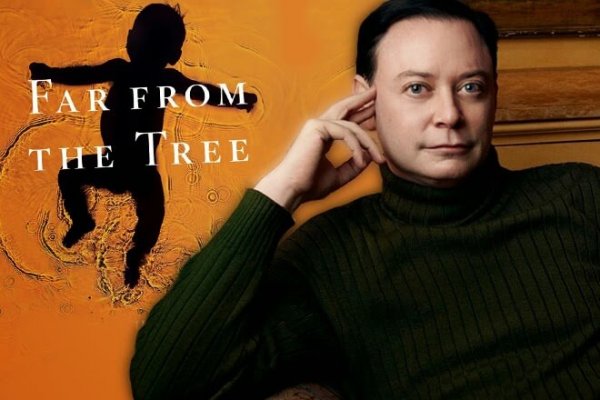
7. The Psychology of the Child (Jean Piaget)
We couldn’t end our list of books on child psychology without talking about Jean Piaget.
Not only was he one of the most significant psychologists of the 20th century but his contribution to the field of human development and child psychology continues to be of great epistemological, logical, biological and sociological interest.
He laid the foundations of many concepts we’re working on now. And we have him to thank for all his extensive works, articles and empirical research that we’re still using for reflection and interpretation.
Every few years, new editions come on the market, enabling us to enjoy the work of Piaget and his faithful collaborator, Inhelder, once again.
Although it’s not exactly a “fun” read, it’s a must if you want to dive into the initial studies of intelligence, construction of reality, categories of thought, capacities of representation, concrete operations, formal operations, moral judgement, as well as emotional and social aspects of child development.
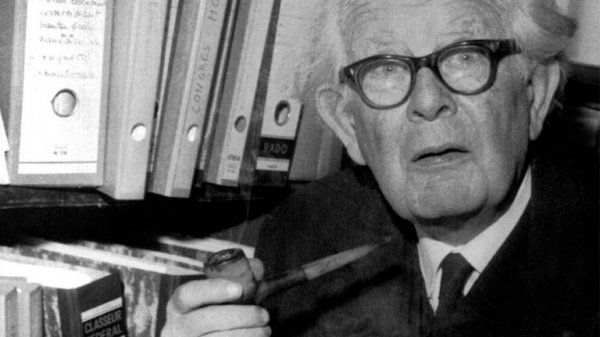
To conclude, this list surely leaves out many wonderful books on child psychology. However, we’ve tried to give a good spread of recommendations. It’s a field where emotions, fears, brain development, resilience and psychological or intellectual deficiencies are areas that are yet to be fully understood.
Let’s be curious and never stop learning. Let’s give our children the very best we can.
All cited sources were thoroughly reviewed by our team to ensure their quality, reliability, currency, and validity. The bibliography of this article was considered reliable and of academic or scientific accuracy.
- Linda Lantieri y Daniel Goleman (2009) “Inteligencia emocional infantil y juvenil: Ejercicios para cultivar la fortaleza interior” Madrid: Aguilar
- Daniel J. Siegel, Tina Payne Bryson (2011) “El cerebro del niño” Alba Editorial
- James J. Crist (2004). “Cómo superar los miedos y las preocupaciones” Barcelona: Oniro
- Adele Faber y Elaine Mazlish (2005) “Cómo hablar para que sus hijos le escuchen y cómo escuchar para que sus hijos le hablen” Medici
- Andrew Solomon 2014 “Lejos del árbol: historias de padres e hijos que han aprendido a quererse” Madrid: Debate
- Jean Piaget, B. Inhelder (2008) “Psicología del Niño” Madrid: Morata
This text is provided for informational purposes only and does not replace consultation with a professional. If in doubt, consult your specialist.








